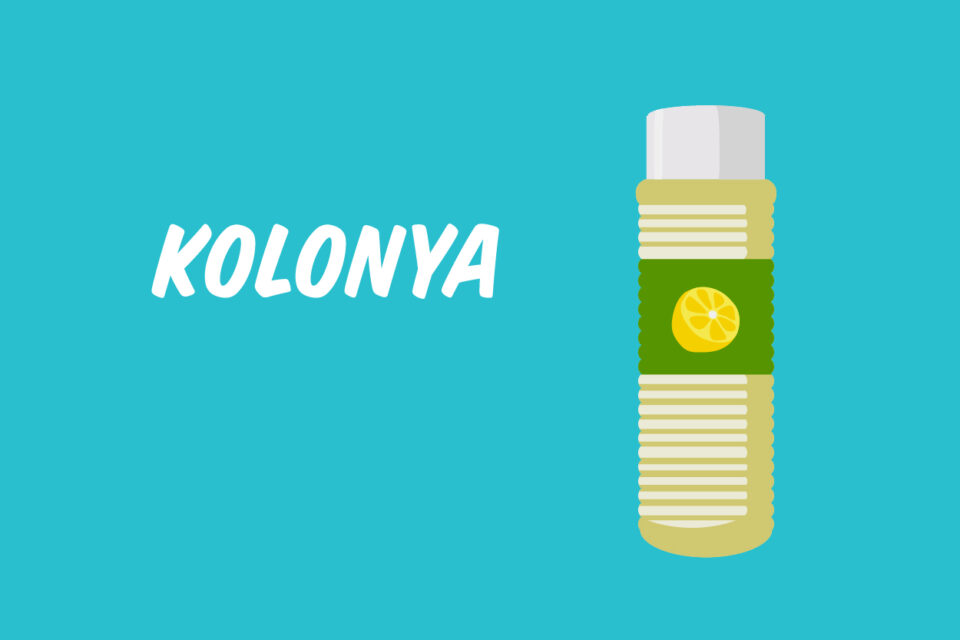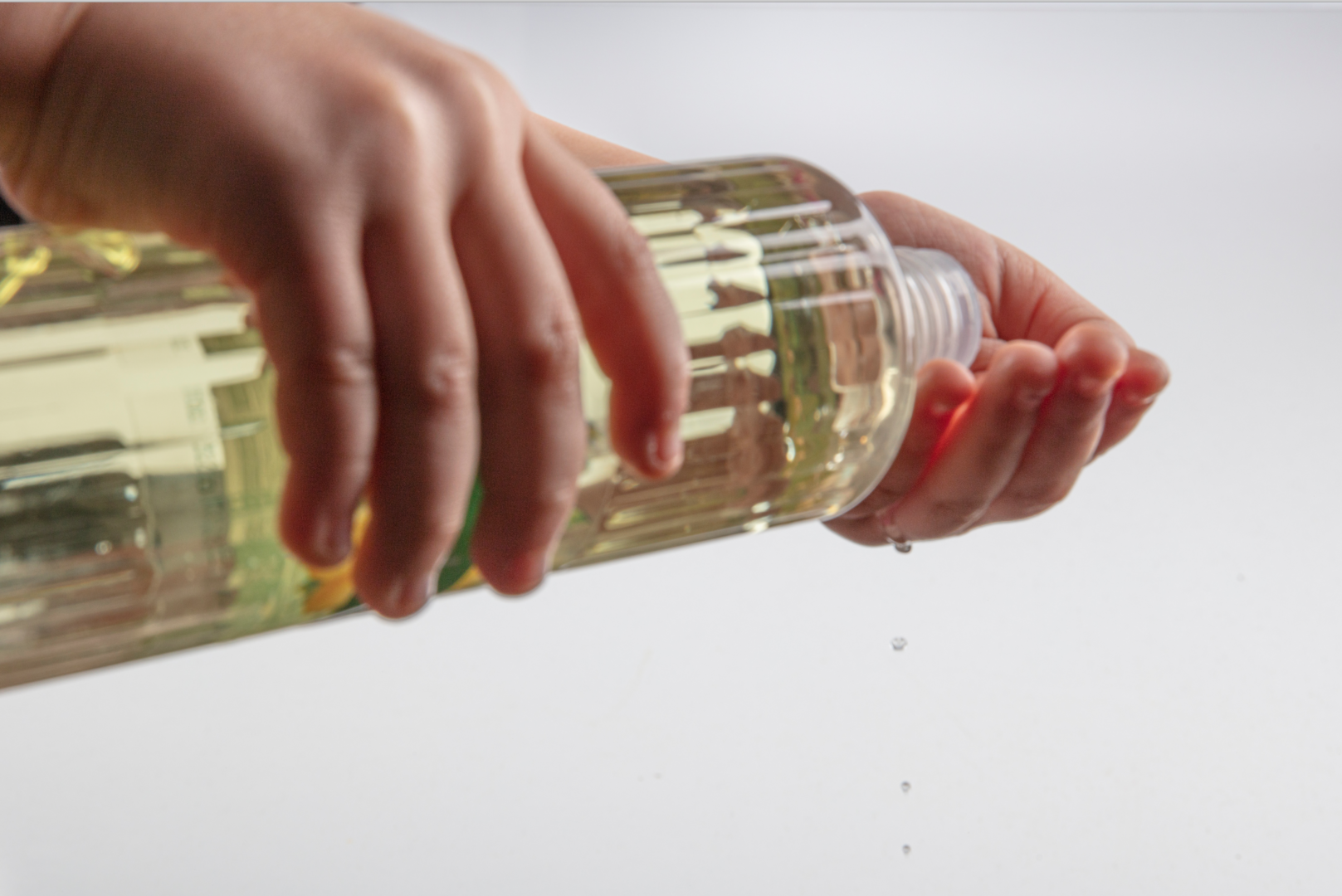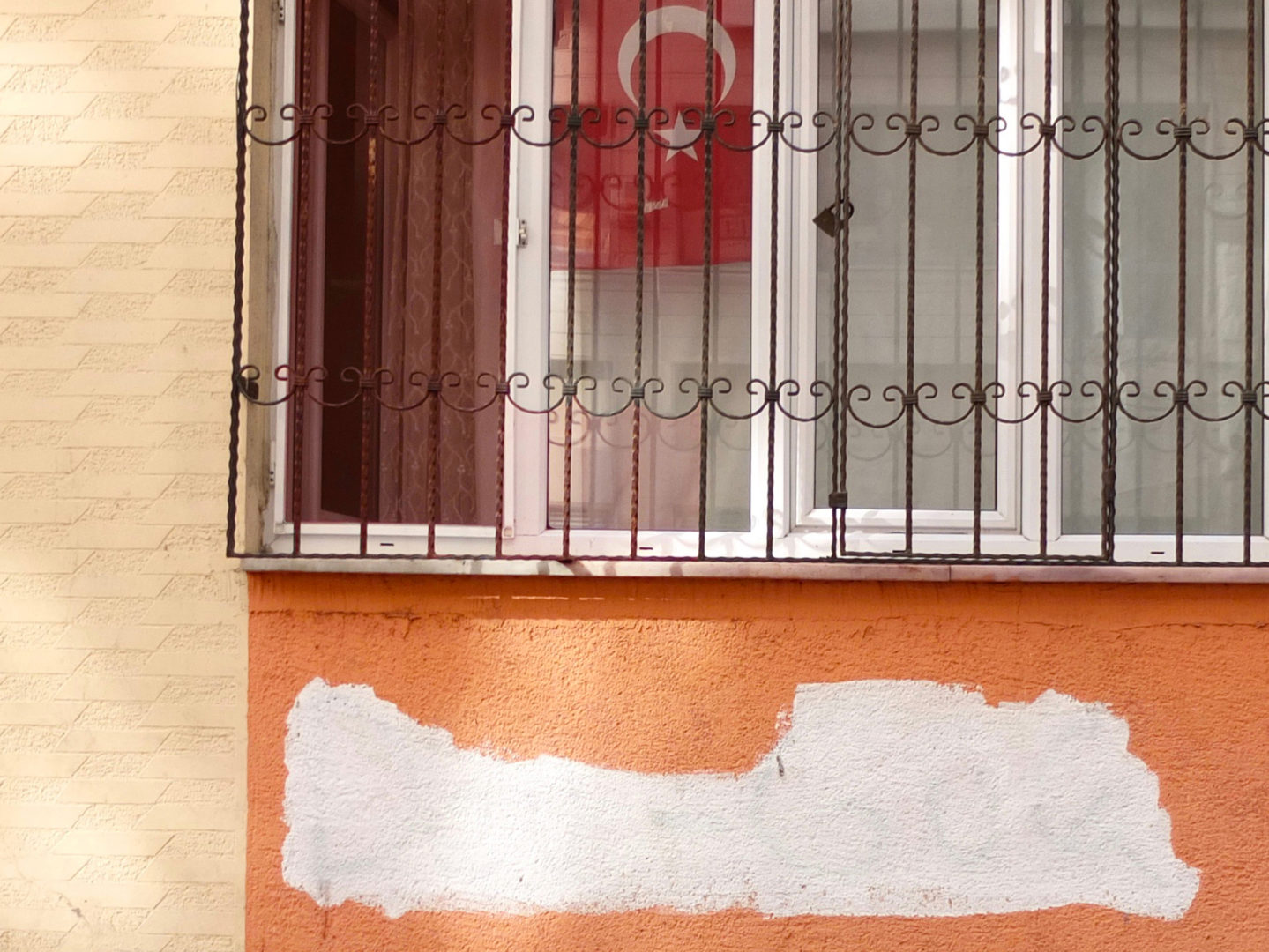Turkish Cologne—or kolonya—is the scent of my childhood. As soon as guests entered the house, I would greet them with some kolonya, pouring a few drops into their outstretched hands. They would rub their hands and breathe the fragrance in deeply—only then could we start to talk.
Childhood Memory
Kolonya takes me back to those long bus rides from Istanbul to Eskişehir. Every two hours, the crew would offer passengers some kolonya, and the lemon fragrance would permeate the air for the duration of the trip.
But for me, this scent is also associated with burning pain. Whenever I got a graze or skinned my knee, it was immediately used as a disinfectant on the wound. It burned like crazy. After all, it is 80 percent alcohol, something we mentioned in our article „8 Things that every Turkish household needs“.
Kolonya as Hand Disinfectant
At a time when the coronavirus is causing anxiety, when panic buying and disinfectant products dominate the news, we are also showered with messages about hygiene like never before. And suddenly, shops are running short of hand sanitizer because people fear they may be bunkering at home for the next ten years.
In contrast, many Turkish households already have their traditional sanitizing solution in hand, and you guessed it, it’s kolonya! The cologne comes in many different aromatic fragrances, but citrus remains the classic scent.
Origin
Developed in Germany in 1709, the concoction was brought to the Ottoman Empire by the perfumer Ahmet Faruki in 1882. It quickly became popular in Turkish homes. The most famous “Eau de Cologne” probably remains the brand 4711, which was named after the company’s house number in Cologne.
For a long time, kolonya was considered the hip fresh fragrance in Turkey. Over time, the traditional water has fallen into disrepute because it was banned by the upper class. But in the times of the COVID-19 pandemic, kolonya is gaining new importance, as the following Instagram post shows:
„Sen iyi gününde Fransız parfümü sıkarsın, ama zor gününde yanında Türk kolonyası olur.“
In English:
You may use French perfume on your good days, but Turkish kolonya is by your side through the bad ones.

Image: Shutterstock.de | By Mehmet Cetin






